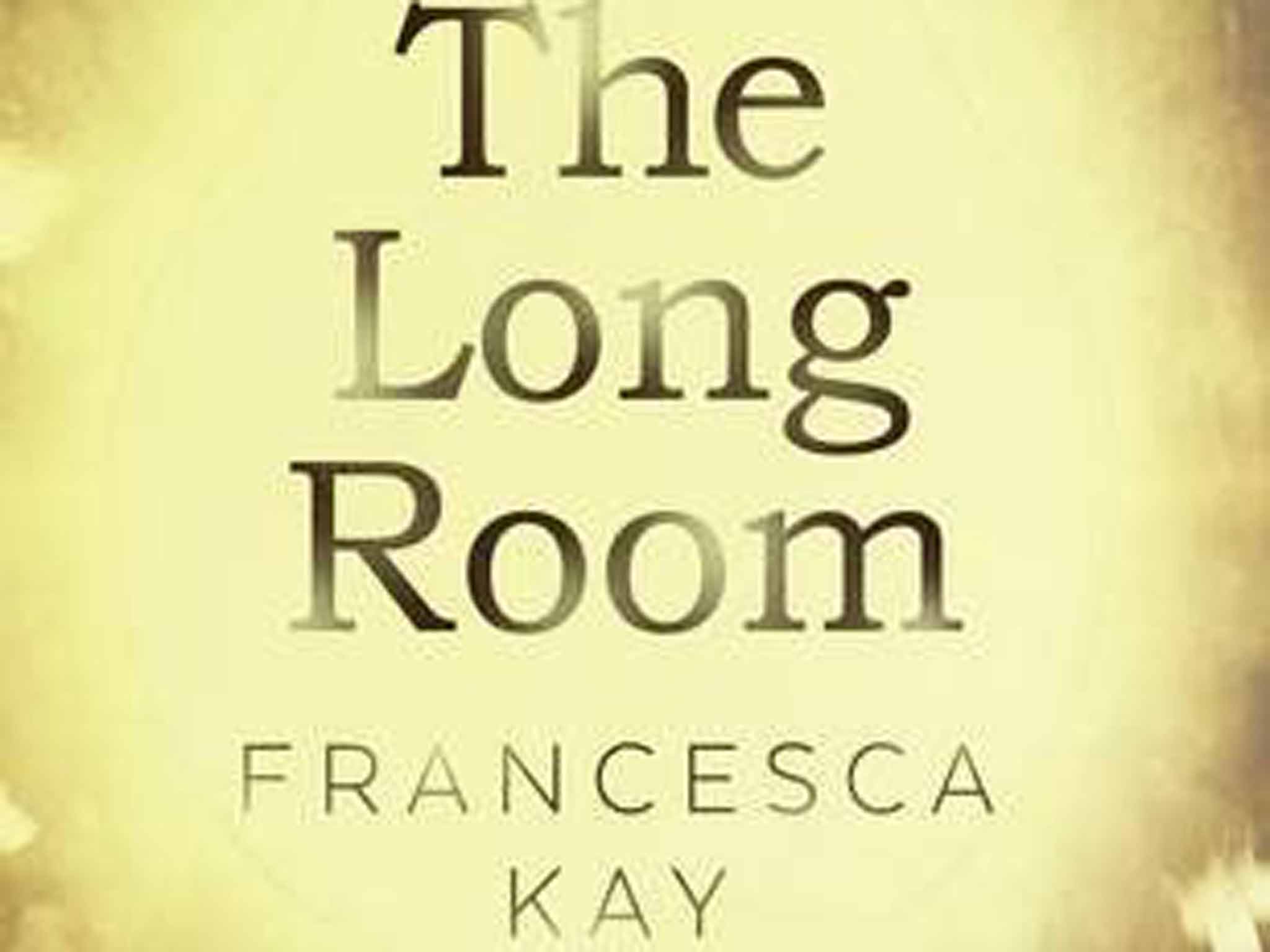The Long Room, by Francesca Kay - book review: The stalker comes in from the cold in a compelling case
The Long Room seems like the sort of novel that might have won the Booker around 1981

Stephen Donaldson, the hero of Francesca Kay's third novel, could provide a dictionary definition of non-descript, if that isn't a contradiction in terms. Living alone in every sense of the phrase, he drinks with solitary intensity in his flat, evades colleagues when he's not avoiding them, and anticipates Christmas with his doting and equally isolated mother. Stephen may be watching Brideshead Revisited like everyone else in Britain at the end of 1981, but he is unable to join office gossip about Anthony Andrews.
About the only noteworthy aspect of Stephen's external life is his job at The Institution, scrutinising the conversations of traitors and terrorists. Despite the occasional panic about rumoured IRA attacks, his days are spent listening to ageing communists and small-time revolutionaries.
While this plot holds our interest, our fascination is grabbed by Stephen's inner life. His emotions flutter and pulse, possibly in rebellion against the dullness of his everyday activities. The signature note is melancholy, which Kay evokes with delicate natural metaphors: “Stephen was enveloped in sadness that clung like winter mist and would not be dispelled.' Breaking such pervasive sorrow are flashes of horror emanating from Stephen's dream life: ”A man in a mask skewering a woman with a metal rod, a man held a gun to a baby's head…“
The nearest Stephen comes to happiness is in his imagination. This is glimpsed innocently in little poetic quotations: Keats, Rossetti, Eliot. More darkly, it fixates on Helen, the wife of his biggest surveillance assignment to date – a possible mole within his own organisation. There is something pornographic about Stephen's passion that objectifies through the illusion of understanding. The aural equivalent of a voyeur, Stephen thrills to the sound of Helen chatting, playing the piano and, to his elemental discomfort, having sex with her husband.
Informed that his hours on the case are numbered, Stephen fabricates evidence that Helen's husband is a double agent in order to maintain contact. Stephen, we realise, is a storyteller, albeit one whose narratives serve his own needs. These erupt in a denouement whose strangeness reveals the extent of his self-delusion.
Perhaps it's the time period, possibly it's Kay's elegant classicism, but The Long Room seems like the sort of novel that might have won the Booker around 1981. It says much about the author's acute sensitivity to the minutiae of human behaviour that it wouldn't look out of place in 2016.
Faber & Faber £14.99. Order for £12.99 (free p&p) from the Independent Bookshop: 08430 600 030
Subscribe to Independent Premium to bookmark this article
Want to bookmark your favourite articles and stories to read or reference later? Start your Independent Premium subscription today.

Join our commenting forum
Join thought-provoking conversations, follow other Independent readers and see their replies